11 questions every aspiring athlete should ask themselves
6 Comments“If you ask me how I want to be remembered, it is as a winner.
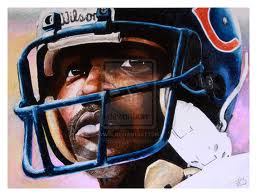 You know what a winner is? A winner is somebody who has given his best effort, who has tried the hardest they possibly can, who has utilized every ounce of energy and strength within them to accomplish something.
You know what a winner is? A winner is somebody who has given his best effort, who has tried the hardest they possibly can, who has utilized every ounce of energy and strength within them to accomplish something.
It doesn’t mean that they accomplished it or failed, it means that they’ve given it their best. That’s a winner.”
Walter Payton NFL Running Back
In the current climate of “because I’m worth it” generation of young athletes who expect a lot, but maybe don’t realise the work involved here are 11 questions every athlete should ask themselves.
- Do you have a goal or a wish? Lots of athletes have idle day dreams, but taking the time to write down your goals and set up a plan is crucial.
- Do you have self -discipline? That is the discipline to make every training session, to do the little things well, consistently. The discipline to follow a plan even if you are tired or busy.
- Do you get quality sleep? Sleep is the foundation from which you can recover. It is also an indicator that there is balance in your life: too much stress, poor diet, or poor lifestyle can all impact on sleep quality.
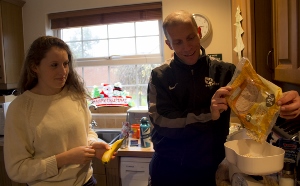 Do you fuel yourself properly? After sleep, this is an easy way of distinguishing between those who are serious about performance and the also-rans. The 3 step approach to fuelling properly will ensure consistency.
Do you fuel yourself properly? After sleep, this is an easy way of distinguishing between those who are serious about performance and the also-rans. The 3 step approach to fuelling properly will ensure consistency.- Do you have the 4 cornerstones of training in place? It is easy to do what we are comfortable with, or what seems most urgent. However, you need to have all 4 cornerstones in place to be most effective.
- Are you mindful: of others, of your body, of your strengths and weaknesses? Mindfulness allows you to focus on one area at a time. It will help boost your immune system and reduce blood pressure. Being mindful in training means you are less likely to get injured and more likely to improve.
- Do you train to gain an edge? It is often easy to get the big things in place, but the little things accumulate over time and soon add up. If you are doing them daily, then you will be gaining an edge over your opponents who are resting.
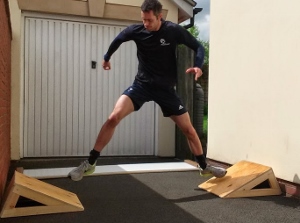 Do your sessions have purpose? Or are they organised despair? There is a big difference between doing “stuff” that gets you tired and training with a purpose so that you get better.
Do your sessions have purpose? Or are they organised despair? There is a big difference between doing “stuff” that gets you tired and training with a purpose so that you get better.- Are you getting stronger? Strength in some form underpins all athletic movement: posture, stability, power, balance and pure strength all require a strength training plan of some form.
- Do you challenge your technique? “Skill is technique under pressure” so do you seek to improve and develop your technique in different circumstances and environments? It is easy to be good when training at your own club: very different in the maelstrom of away fixtures under pressure.
 Have you given it your all? This may be hard to quantify, and you can only give the best that you are capable of at that time. If you look in the mirror at the end of the day and say “I had a little bit left” then how will you be able to cope when that choice is taken away from you? Sometimes you have to empty your tank and train beyond your reserves.
Have you given it your all? This may be hard to quantify, and you can only give the best that you are capable of at that time. If you look in the mirror at the end of the day and say “I had a little bit left” then how will you be able to cope when that choice is taken away from you? Sometimes you have to empty your tank and train beyond your reserves.
Walter Payton is an NFL legend, who knows if you are going to be as good as him? But , as an aspiring athlete, if you answer Yes to all of these questions, then you are well on the way to making the most of your ability.
(Pictured are Dan James, Jenny McGeever and Tom Baylis: 3 of our current athletes who answer these questions).



 At the base of the pyramid, the most fundamental layer is about ensuring your overall diet is healthy, with ample carbohydrate and fluid to support your training needs and enough high quality protein for recovery and muscle growth as well as plenty of vitamins and minerals (see
At the base of the pyramid, the most fundamental layer is about ensuring your overall diet is healthy, with ample carbohydrate and fluid to support your training needs and enough high quality protein for recovery and muscle growth as well as plenty of vitamins and minerals (see 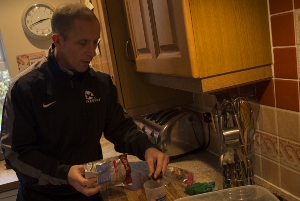 I always like to get a step ahead of my competitors by ensuring that I start training before they do.
I always like to get a step ahead of my competitors by ensuring that I start training before they do. I don’t think it was milk that made Marion Jones run fast.
I don’t think it was milk that made Marion Jones run fast.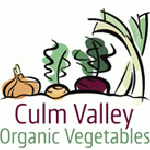 of fresh vegetables is an important dietary requirement to improve and maintain our health.
of fresh vegetables is an important dietary requirement to improve and maintain our health.